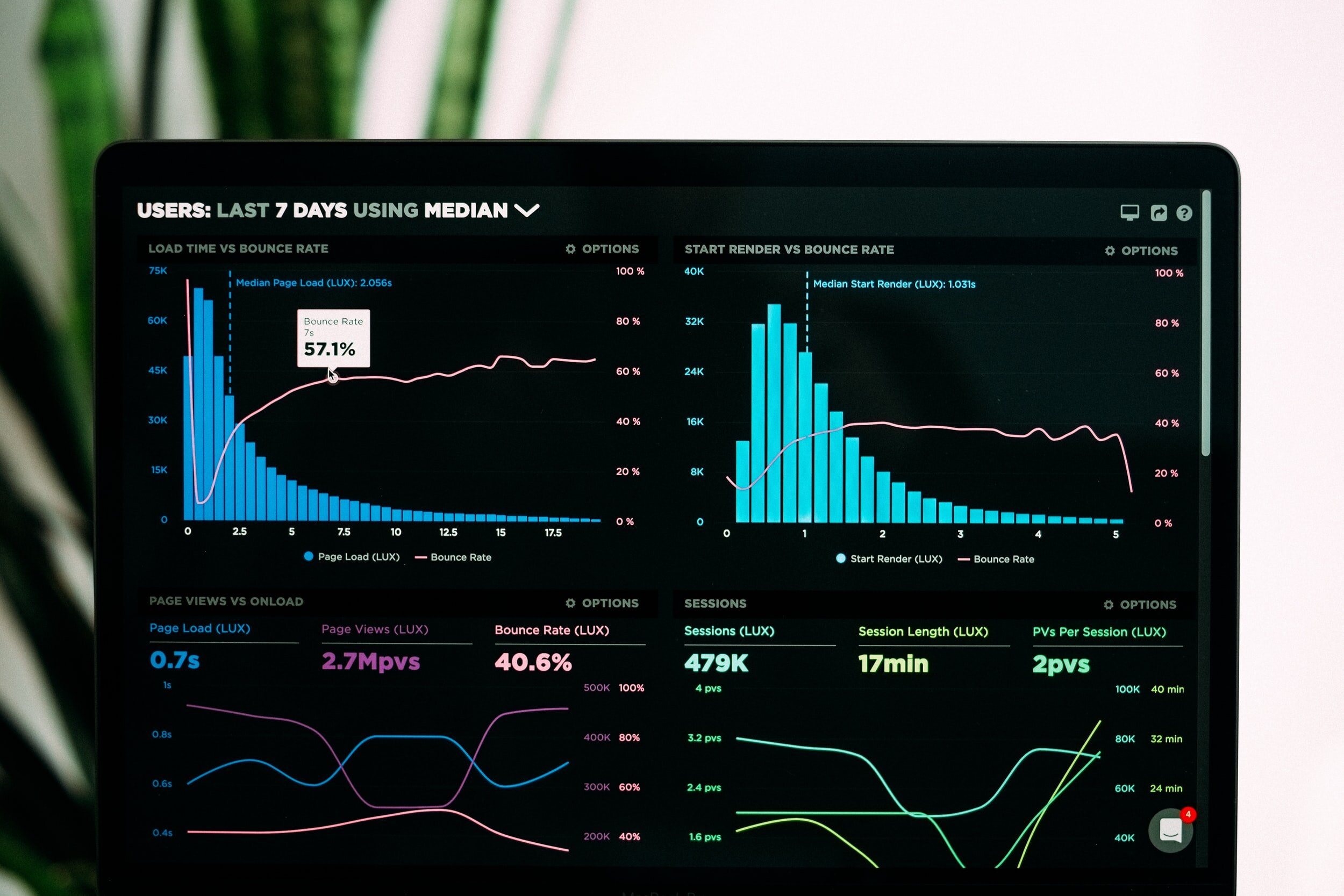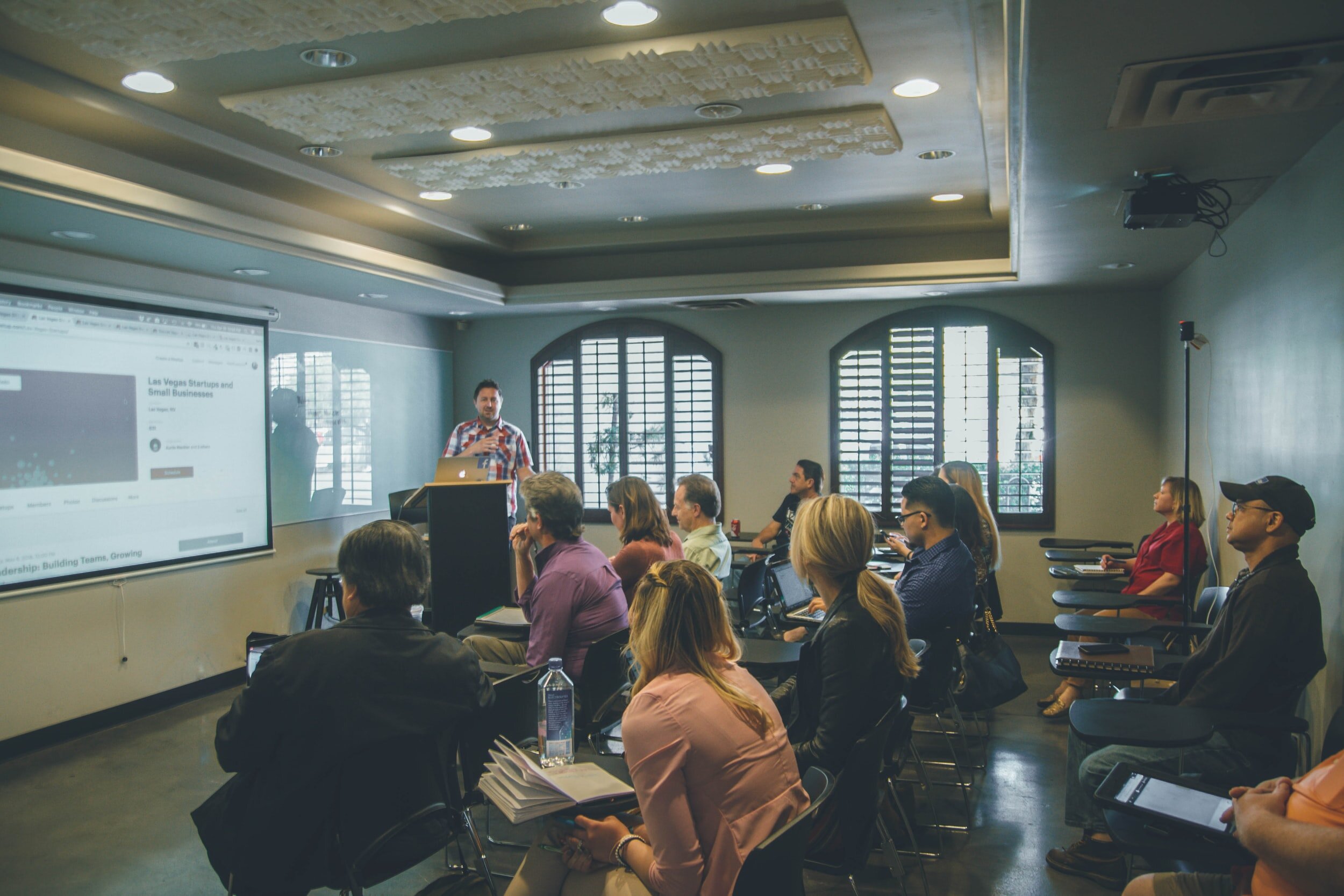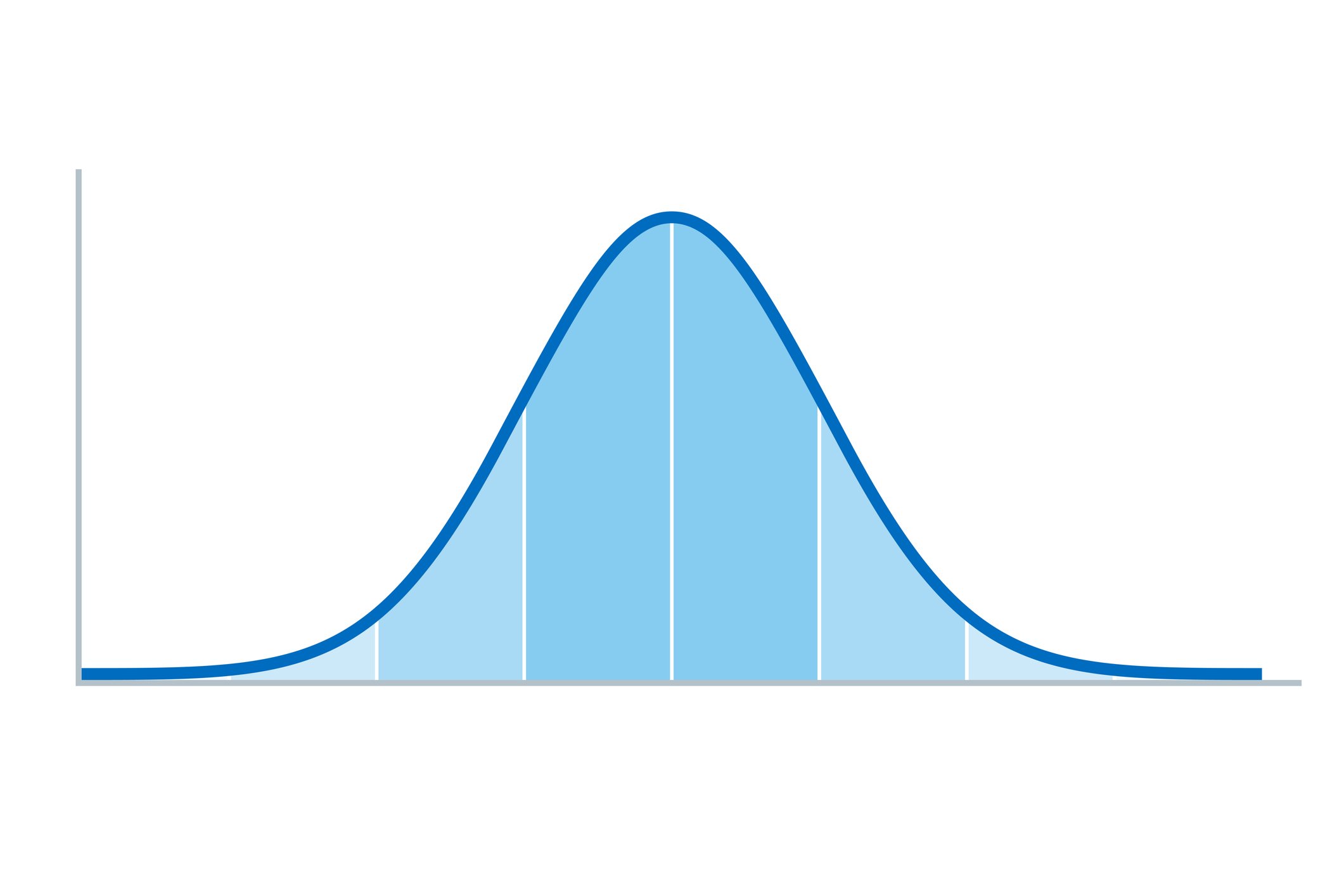Find a post
Big Data
Featured

Data Literacy, Collecting Data from Electronic or Paper Documents, Big Data, Q3, August 2023, Quantitative Data Analysis
What do researchers need to know about using datasets?
Data Literacy, Collecting Data from Electronic or Paper Documents, Big Data, Q3, August 2023, Quantitative Data Analysis
Data Literacy, Collecting Data from Electronic or Paper Documents, Big Data, Q3, August 2023, Quantitative Data Analysis
Jump to
Methods Minute Newsletter
Sign up to be the first to know about the latest news and events
Statistics
Blog
Tips with Diana
This popular series has now ended but you can catch up on all the posts here.




























